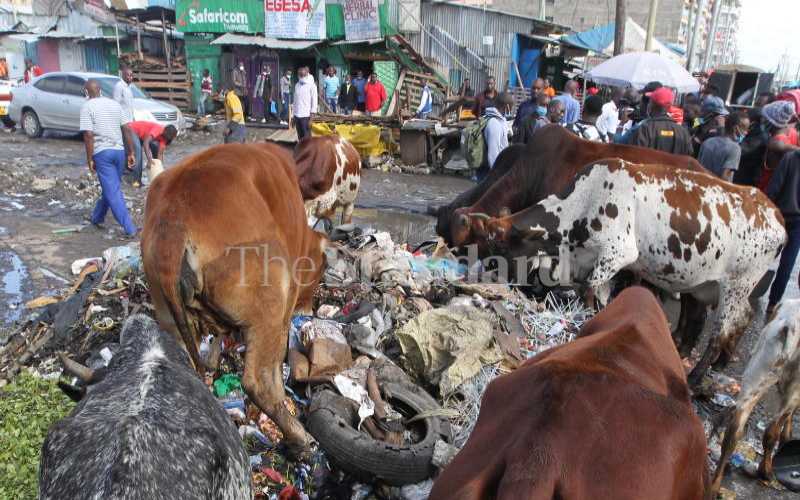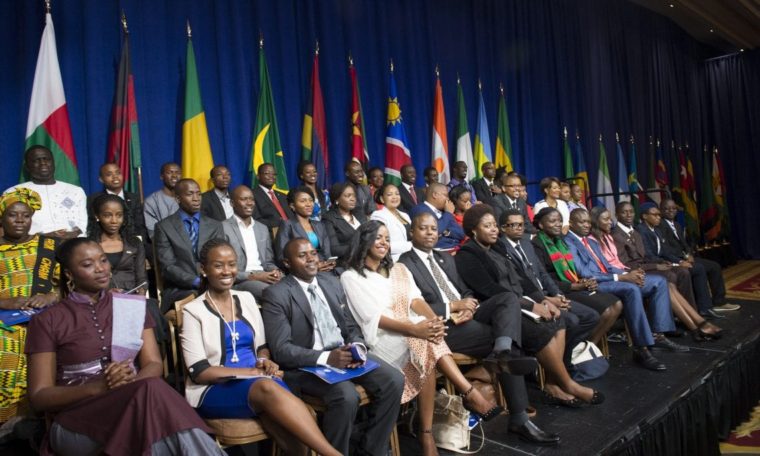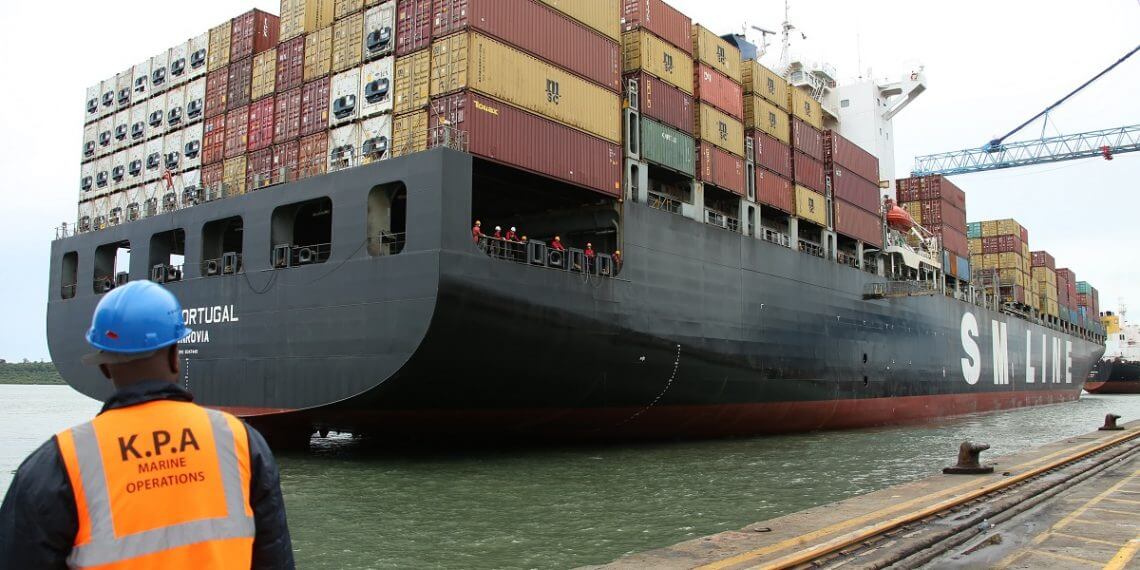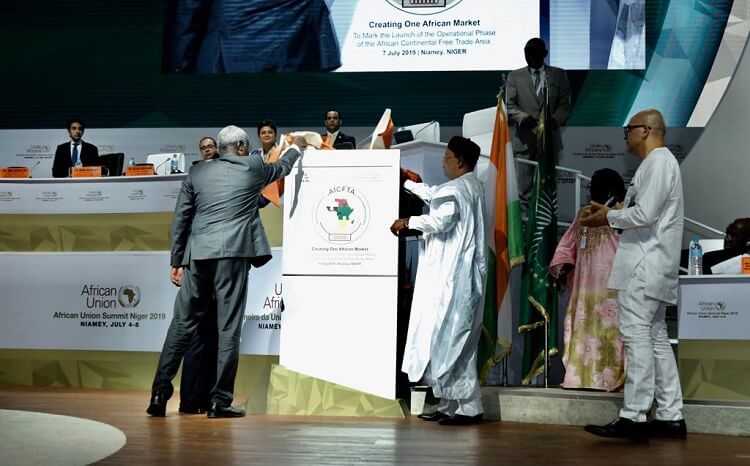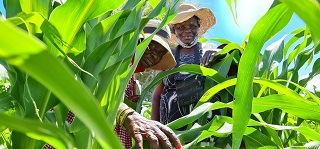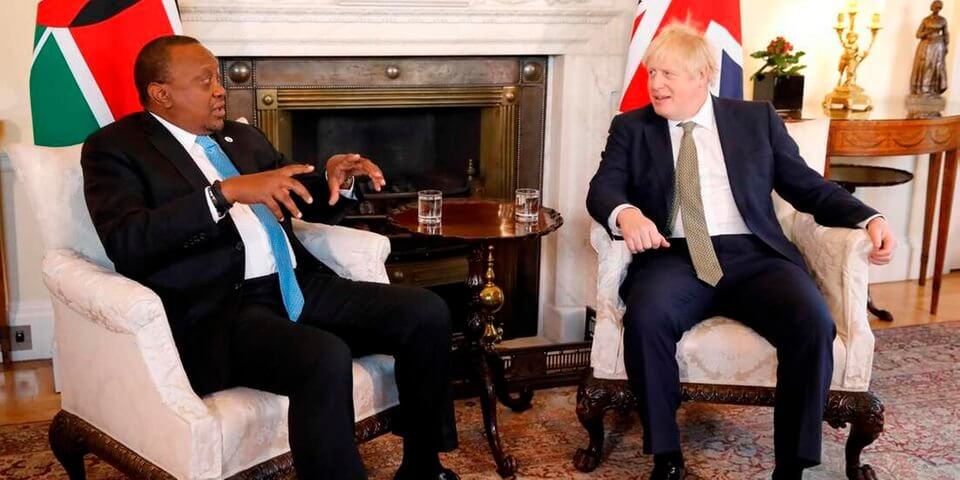The African Union unveiled the Animal Health Strategy for Africa (AHSA) 2018-2035 to strengthen animal health, animal production, productivity, animal safety, public health and a continent for a healthy environment. AHSA 2018-2035 is “a continental framework for delivering a sustainable animal health system that meets global standards. Healthy animals for more livelihood, a safe trading community and environmental health ”. The strategy, validated in Kigali, Rwanda, in November 201 8, was endorsed by the African Union Technical Committee, which included ministers responsible for animal resources, water, agriculture and the environment. The strategy was endorsed at the Summit of Heads of State and Government in Addis Ababa, Ethiopia, in February 2020. The Animal Health Strategy for Africa (AHSA) 2018-2035 is “a continental framework for delivering a sustainable animal health system that meets global standards. Healthy animals for more livelihood, safe public and environmental health ”. The aim is to address the challenges faced in the provision of animal health services on the African continent. It is aligned with the Animal Development Strategy for Africa (LiDeSA). In addition, it offers more targeted strategic interventions and approaches to holistically address the health of bees and water bodies as part of the One Health (OH) approach. The aim is also to align animal health services on the continent with the relevant global, continental and regional strategies and frameworks. Therefore, it serves as an overarching strategy to improve the efficiency and effectiveness of animal health measures on the continent. “The strategy builds on the achievements...
New Animal Health Strategy to Promote African Animal Resource Management
Posted on: April 27, 2021
Posted on: April 27, 2021

